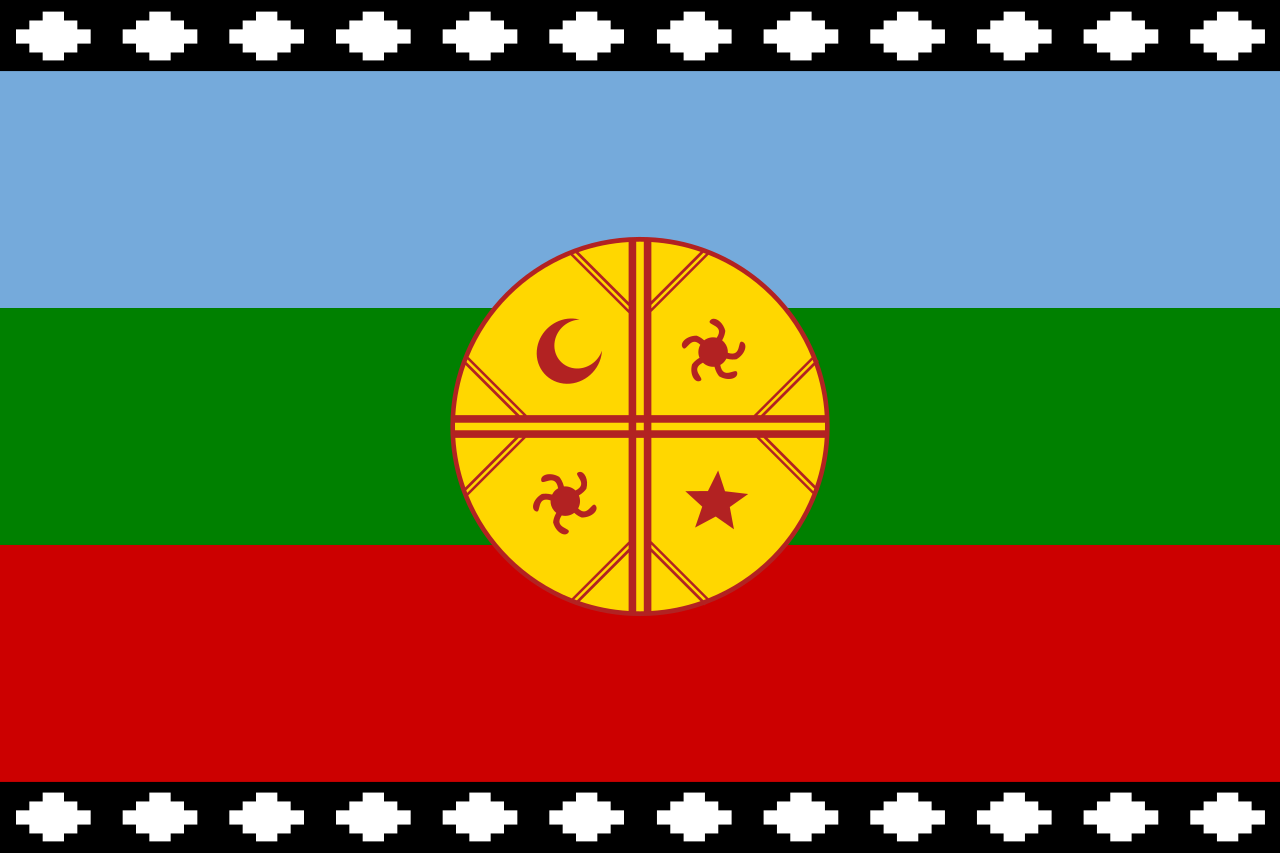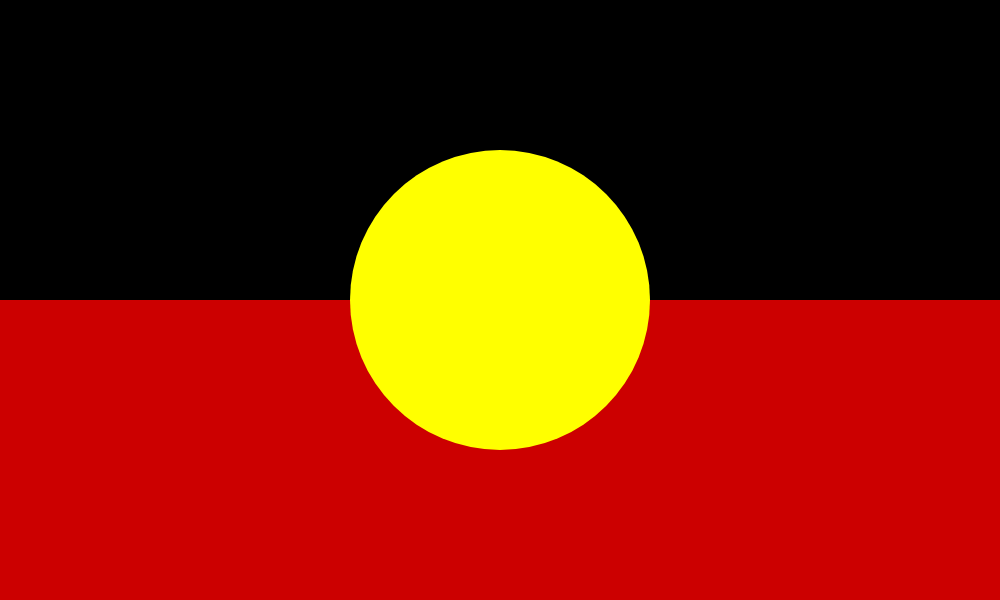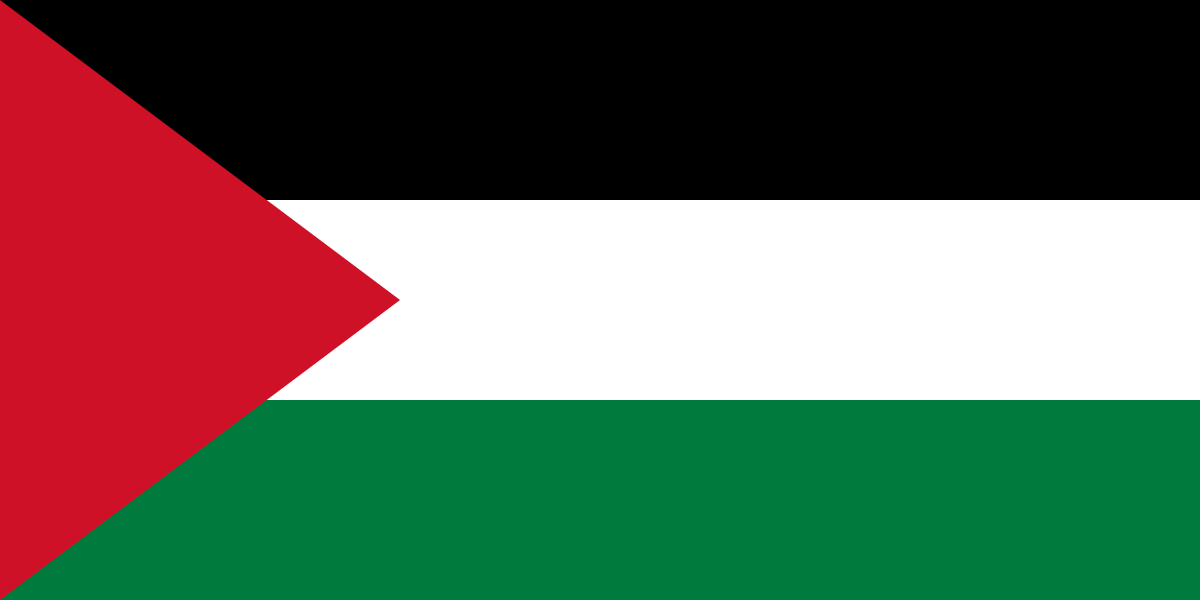The Mapuche are the largest indigenous group in Chile. When the Spaniards arrived, they inhabited a large part of southern Chile, divided into subgroups according to geographic area. The first researchers recognized the Picunche, who lived from the Maule River to the Itata and Biobío rivers, the Araucanians, from the latter to the Toltén, the Pehuenche in the mountainous area, from Chillán to Antuco and the Huilliche between the Toltén River and the Gulf of Corcovado, including the island of Chiloé.
In other words, the Mapuche occupied diverse environments and landscapes, ranging from the sub-Andean region to the coast and from warm temperate climates to cold rainy climates, which implied diverse adaptations and consequent cultural differences. The changes that occurred during the Spanish conquest and colony produced a remarkable cultural and, above all, political and social unity of this group and, after the subjugation to the Republic of Chile, a considerable part of this people migrated to the city. In fact, today, most of them live in urban settlements rather than in the countryside, concentrated in the cities of the Araucanía and Metropolitan regions, followed by the Los Lagos and Bío Bío regions.
History
The Mapuche are considered direct descendants of the pre-Hispanic archaeological cultures Pitrén (100 - 1100 years A.D.) and El Vergel (1100 - 1450 years A.D.), which developed in the region between the Bío Bío River and the Reloncaví Seno. However, when the Spaniards arrived, their language, Mapudungun, was widespread from the Choapa River to Chiloé, which does not mean a cultural homogeneity of the different groups that inhabited this extensive territory.
The arrival of the Spanish in the 16th century was apparently the trigger for different populations to group together and strengthen their social and cultural ties, forming the historically known Mapuche identity. The Mapuche rebelled against Spanish subjugation and set fire to the cities they had founded from the Bío Bío River to the south. This rebellion was the beginning of the Arauco War, which forced Spain to maintain a professional army to guard the borders, as well as to recognize Mapuche autonomy in their lands.
The definitive Mapuche subjugation only ended before the Army of the Republic of Chile with the so-called Pacification of Araucania, in 1882. This military action was based on the urgency to conquer exploitable territories, driven by an ideology that advocated the elimination of the indigenous in the name of "civilization". After the Chilean military triumph and in order to initiate a colonization with Creole and European elements, the indigenous people were controlled by means of their settlement in communal property reductions.
The direct consequences of this process for Mapuche society were the drastic reduction of their lands through repeated and massive usurpations, dependence on an external agent, the State, and social disorganization caused by the loss of authority of the lonkos. As a result of all this, from the beginning of the 20th century, Mapuche action shifted from the military to the political field, from warriors to organizational leaders, from the countryside to the city, with a progressive migration and the emergence of an intellectual and professional elite within Mapuche society.
In 1910, the first indigenous organization in the country, the Caupolicán Society, raised a series of ethnic and peasant petitions. From the 1960s until 1973, the Mapuche participated in the Agrarian Reform, without success, in an attempt to recover their usurped lands. The progressive migration of the Mapuche to the city had begun. At the end of the seventies, almost 70% of the Mapuche people were in the city and in extreme poverty. On a national scale, a capitalist development is consolidated that conceives the so-called 'indigenous problem' only as a peasant one. In 1976, the military government, through the Community Division Law, attempts to privatize Mapuche communal property, that is, to transfer it into the hands of individuals.
In the 1980s, the level of poverty among the Mapuche increased, leading to more migration to the city and mestization. Until the early 1990s, indigenous laws were aimed at their incorporation and/or assimilation into Chilean society, a situation that was partially reversed during the period of democracy with the enactment of the Indigenous Law of 1991, which recognizes, protects and promotes the development of ethnic groups in the country. It is estimated that the pre-Hispanic Mapuche population was approximately one million. Today, the Mapuche number more than 600,000 people, corresponding to 87.3% of the country's indigenous population.
Organization
Until the 16th century, the Mapuche had a patrilineal, polygamous family social organization. In the seventeenth century and the first half of the eighteenth century, the chieftainship was strengthened, producing a strong social hierarchy for wartime, where the figure of the toki was born, very functional for the war system. The colonial authorities tried to strengthen the figure of the lonko or community chief, with little success. After the defeat of 1881, a protectorate system was implemented and land was granted to family communities, identifying each one with the name of the cacique or lonko.
Today, the community is a consanguineous group, mostly patrilineal, which stems from the granting of a title of mercy to a chief and his family. There is a relative social homogeneity of its members. The process of internal differentiation is at the limit of the community, imposing a first family and then community solidarity. However, nowadays most of the Mapuche population resides in popular sectors of the big cities of the country, organizing themselves in cultural centers whose main objective is the re-ethnification of the urban generations.
Language
The Mapuche language is Mapudungu ("language of the land") or Mapudungun ("people's speech"). Typologically, it is polysynthetic and agglutinative, with a suffixing and highly verbalizing tendency. That is to say, complex words are equivalent to Spanish sentences, for example: katrümamüllmean = "I will go to cut firewood" (mamüll/leña; katrü/cortar, which is done by the subject). When the Spaniards arrived, Mapudungu was in use from Coquimbo to Chiloé and from the mountains to the sea. Today, it is the most widely spoken aboriginal language in Chile with 260,000 native speakers.
The Indigenous Paleolithic of the Western Hemisphere
Megathreads and spaces to hang out:
- ❤️ Come listen to music and Watch movies with your fellow Hexbears nerd, in Cy.tube
- 💖 Come talk in the New Weekly Queer thread
- 💛 Read and talk about a current topics in the News Megathread
- 💚 Come and talk in the Daily Bloomer Thread
- ⭐️ September Movie Nominations ⭐️
reminders:
- 💚 You nerds can join specific comms to see posts about all sorts of topics
- 💙 Hexbear’s algorithm prioritizes comments over upbears
- 💜 Sorting by new you nerd
- 🌈 If you ever want to make your own megathread, you can reserve a spot here nerd
- 🐶 Join the unofficial Hexbear-adjacent Mastodon instance toots.matapacos.dog
Links To Resources (Aid and Theory):
Aid:
Theory:



Yeah they're trying to put a ribbon on a toe tag, idk why/what the point is in casting aspersions of criminal responsibility when there is none, but that's what they're doing.
I'm sorry, I hope you'll be ok. Legally you should be good if it was clear he was at fault, but besides that please consider reaching out to a grievance or trauma counsellor if the you have even the slightest inkling it could help.
Also happy to lend an ear if you think it would help, but I am very much not a professional with that. Also also it's ok to not need/want to talk about it too, it warrants as much attention as you want to give it.
Also also also get a lawyer
thankfully ive got good friends who have been very attentive, and i dont think i have any major trauma forming from this. it was a stressful and emotional situation ofc and it did get to me, but i think ive done a good job of handling and understanding what im feeling. for the first day or so i was feeling a lot of conflicting emotions.
right now, though, ive settled pretty firmly into being annoyed at the cops for (possibly temporarily, but indefinitely) stealing my stuff. that's the main thing im feelin right now.
do you think i should talk to a lawyer pre-emptively like this? i figured that if i hear anything from the cops that isn't "ok here's your stuff back have a nice day" then id keep my mouth shut till I've spoken to a lawyer, but I don't know what they could do for me right now while it's all in limbo. cops don't really have to follow rules, do they? im sure they have some internal policy about how they can keep my stuff however long they like
Again, very much not the person to be advising on this stuff, ianal and all that. Someone's dead and they're looking for who did it, up to and including incidental shit like drugs in the backpack of the guy who wasnt even driving. Whether you talk to a lawyer now, or once the cops come knocking, id think that talking to a lawyer before the cops is in your best interest if you can afford it. Though isn't there something in the Miranda rights about being appointed a lawyer if you can't afford one? Idk most of my yank knowledge is informed through Hollywood/pop culture sorry.
If the cops want to talk, talk to a lawyer first. Up til then is up to you though
Yup, I didn't think to ask what it means not to be able to afford one though. I wonder how that's determined.
But yeah, I like to think I know how to handle the cops to whatever extent it's possible. The answer to every question is "I don't answer questions without my attorney present" and if they toss me in jail for a few weeks in the meantime, so be it
For the record there's nothing illegal in my backpack. Just expensive electronics, a pocket knife and leatherman, a hat for when it gets a lil chilly, literally a lettuce and tomato sandwich i was planning to eat that night, stuff like that
can they do that? that's only if you're deemed a flight risk or it was on/under aggravated circumstances? I'm way out of my leagues here but surely they can't do that? Some idiot fanged it into a guard rail and you got caught in the aftermath. That's not on you
Sorry didn't mean to insinuate or imply re: drugs, just spitballing (perhaps too nonchalantly, sorry)
They can do whatever they want basically, we don't have rights in the US. Cops don't have to know the law or be able to articulate a valid reason for arrest. They can just arrest you and hold you for weeks pending a trial and maybe if you happened to have a really clear video of them saying to the camera "yes i am unlawfully arresting you right now and i dont have reasonable suspicion that you've committed a crime" then you might win some kind of lawsuit afterwards
I appreciate ya chatting with me. I'd respond with a cute emote in turn but the hexbear is sleepi atm and doesn't feel like fetching the emotes for me
I got you